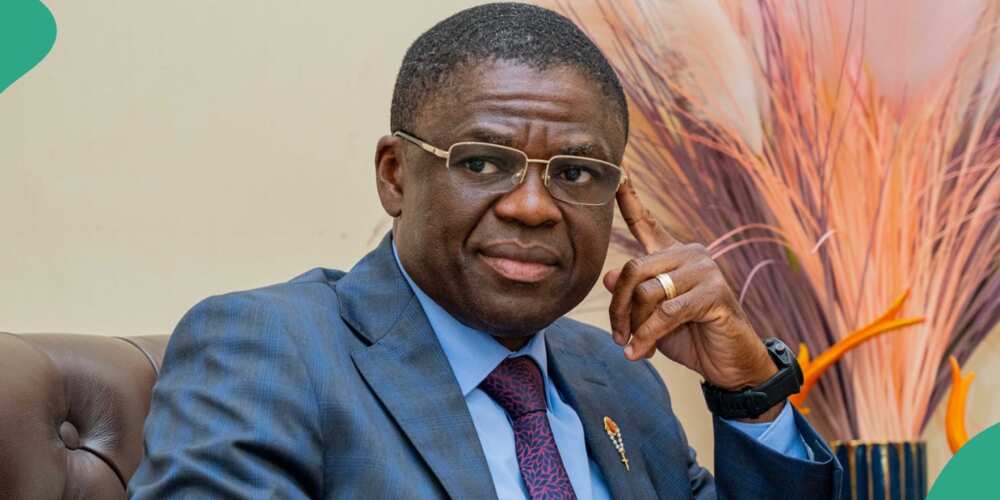Petroleum marketers have raised concerns that the pump price of petrol could soon exceed ₦1,000 per litre, following President Bola Tinubu’s approval of a 15% ad valorem import tariff on fuel imports.
The new policy, which takes effect after a 30-day transition period ending on November 21, 2025, is intended to protect local refiners and reduce the importation of cheaper foreign fuel that threatens domestic refining businesses.
However, marketers warn that the decision could worsen the hardship faced by Nigerians.
Several depot operators, who spoke on condition of anonymity, said the price of petrol—currently selling for about ₦920 per litre in many parts of the country—could climb above ₦1,000 once the new tariff is implemented.
“As it stands, fuel might go above ₦1,000 per litre. I don’t understand why the government keeps adding to people’s suffering,” one depot operator lamented.
Another operator added that some importers were already aligning with Dangote Refinery, which might lead to coordinated price increases across the market.
Without a clear framework to ensure fair competition, they warned, the new tariff could trigger another round of price hikes and deepen economic hardship.
The National Vice President of the Independent Petroleum Marketers Association of Nigeria (IPMAN), Hammed Fashola, said the tariff could have both positive and negative effects. While it might discourage importation and promote local refining, he noted that it could also create fears of monopoly in favour of a few refineries.
“The 15% tariff has its implications. It could drive prices up and discourage importers if the cost becomes too high,” he explained. “The government is trying to protect local refiners, but there’s a risk that people will see it as a way to monopolise the industry.”
Fashola also warned that if local refiners fail to meet national demand, the country could face fuel scarcity.
“If local refiners cannot supply enough, it will lead to scarcity since there’ll be no alternative,” he added.
He urged the Nigerian National Petroleum Company Limited (NNPCL) to speed up efforts to revive the Port Harcourt, Warri, and Kaduna refineries and attract more investors to prevent monopoly.
Meanwhile, the National President of the Petroleum Products Retail Outlet Owners Association of Nigeria (PETROAN), Billy Gillis-Harry, described the 15% tariff as a “win-win” policy that would eventually be reviewed if necessary.
“Our priority should be ensuring product availability and affordability. If we push out everyone in the import business and rely only on one supplier, prices will rise. Dangote cannot meet national demand alone—there has to be a balance,” he said.
The government explained that the new tariff is part of a “market-responsive import tariff framework” aimed at stabilising the downstream sector and supporting local refrefineries.
Read Also;
Petrol tanker explodes after skidding off Bida-Agaei road in Niger
According to official documents, the 15% import duty could raise petrol’s landing cost by about ₦99.72 per litre, based on Nigeria’s average daily consumption of 19.26 million litres as of September 2025. This translates to roughly ₦1.92 billion in additional daily import costs and revenue for the government.
Officials say the goal is to align import prices with domestic production costs without making fuel unaffordable, while also strengthening the naira and promoting energy security.
The government insists that payments from the new tariff will go into a designated revenue account under the supervision of the Federal Inland Revenue Service (FIRS) and the Nigerian Midstream and Downstream Petroleum Regulatory Authority (NMDPRA).
They added that the policy would help create a fair, competitive market that protects both consumers and local refiners as Nigeria works toward reducing dependence on imported petroleum products.




